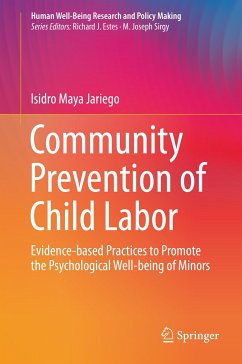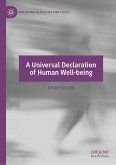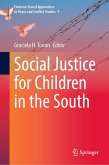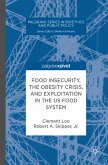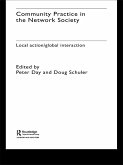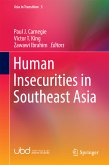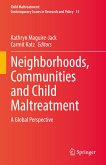This book discusses preventive actions that have led to reduction in the prevalence of child labor across the world over the 21st century. It identifies exemplary programs in the area of community prevention that have had exceptional results; for example, the involvement of children in hazardous work globally being reduced by half. It documents a wide range of contexts where concerted action has counteracted social permissiveness towards child labor, including psycho-educational interventions in preventing early school leaving and conditional cash benefits which counteract family poverty. The book presents a set of evidence-based practices that are particularly useful for psychologists, educators, and social workers. More broadly, this book is also of interest to policymakers, professionals, and activists involved in child protection policy or in implementing programs to promote the psychological well-being of children.
Dieser Download kann aus rechtlichen Gründen nur mit Rechnungsadresse in A, B, BG, CY, CZ, D, DK, EW, E, FIN, F, GR, HR, H, IRL, I, LT, L, LR, M, NL, PL, P, R, S, SLO, SK ausgeliefert werden.

